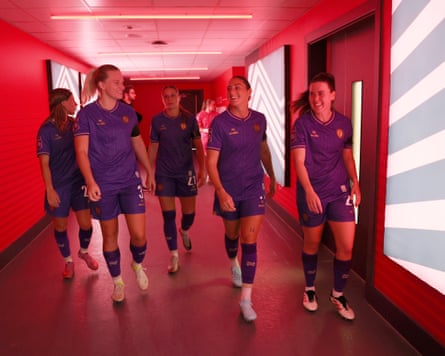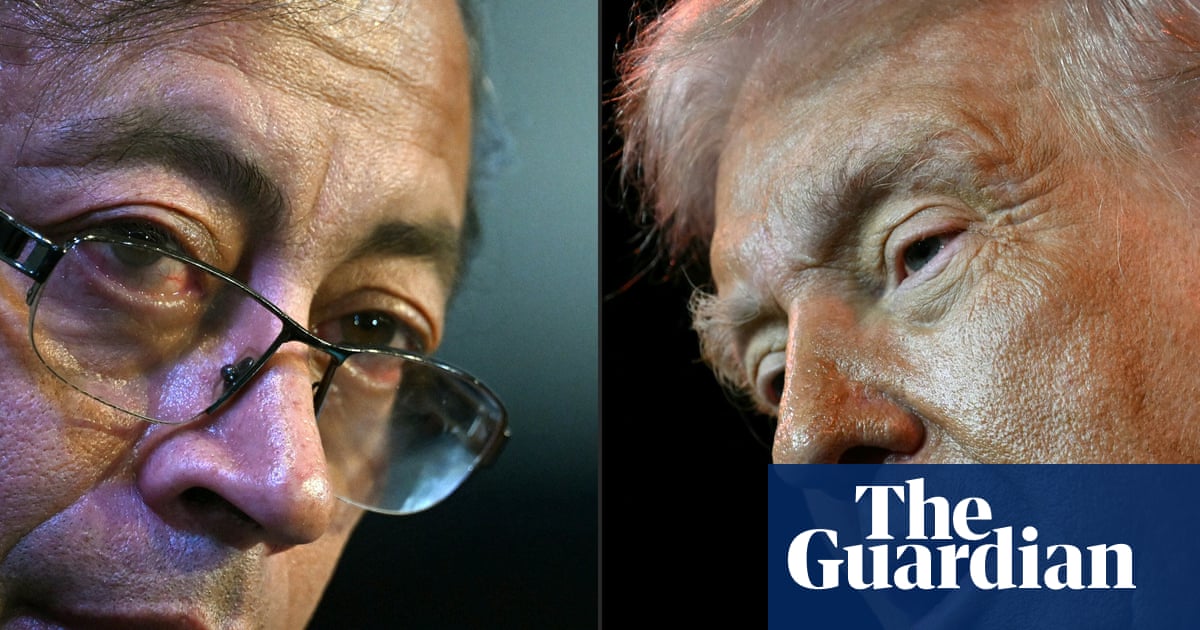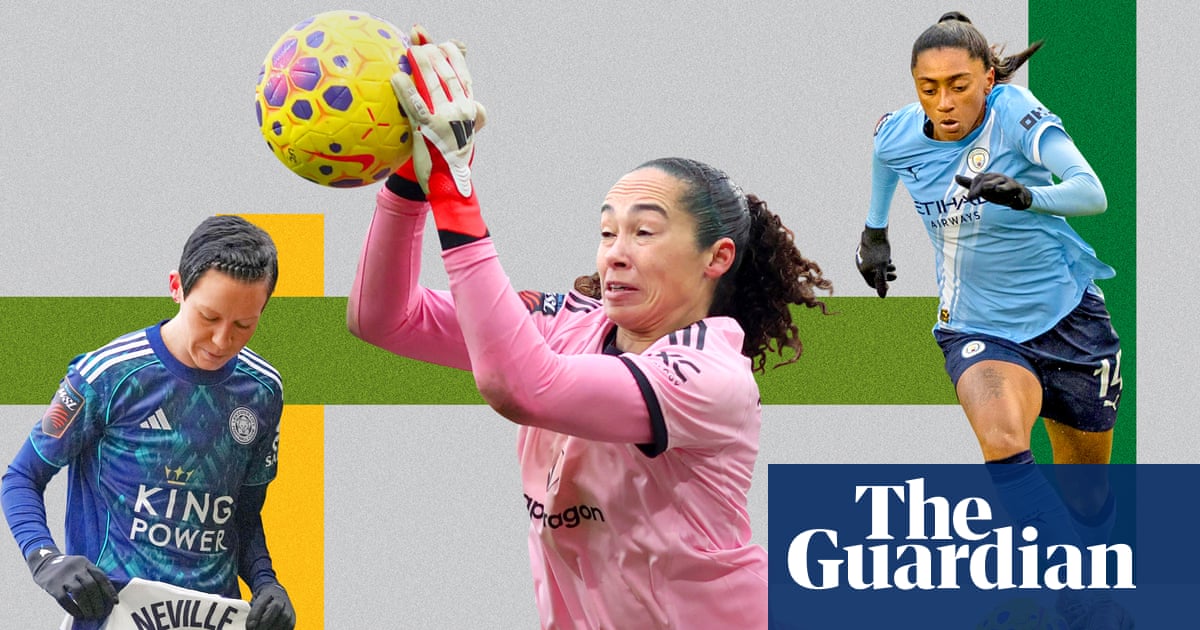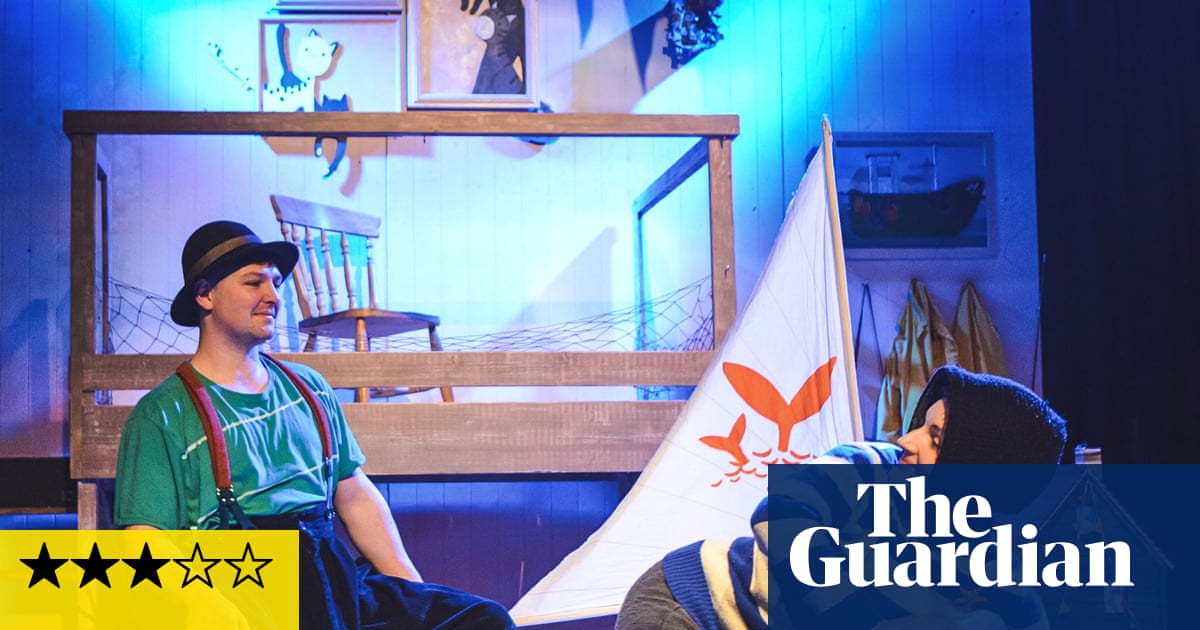Figures from Mercury13 have said they want their purchase of Bristol City Women to allow “hundreds of millions of pounds to flow in” to the women’s game from other investors. They believe their deal will provide a blueprint for how to separate a women’s team from a men’s club.
Mercury13, which also owns Italian side Como Women, completed its acquisition of a majority stake in Bristol City on 18 September, subject to league approval. The WSL 2 side’s new era began with a 1-0 victory away to Southampton on Sunday.
What will the future hold, though, for the two-time Women’s FA Cup finalists now that they are no longer owned by Bristol Sport, another multi-sport ownership group. “This is a team that belongs to the top tier of English football and we’re going to help them get there,” says Mercury13’s co-founder and co-CEO, Victoire Cogevina Reynal.
Her fellow co-founder and co-CEO, Mario Malavé, says: “This wasn’t a traditional takeover, that word really doesn’t reflect what this was. It’s all about unlocking growth and unlocking resources. No one got pushed out, no one got pulled in. It’s our responsibility to make the biggest beneficiaries the players and the staff, and we feel now responsible to honour that and show that we can catalyse a new era.
“We are hoping this becomes a blueprint and we hope other people take inspiration from this carve out – we think it’s the first that has full operational and commercial control – and we are hoping to start a trend.”
The agreement allows the team to continue to train at their existing base, the Robins High Performance Centre, and play their home fixtures at Ashton Gate, along with Bristol City’s men’s teams and the Premiership rugby club Bristol Bears.
That makes things sound rather straightforward but those at Mercury13 say it was anything but. “Both sides were potentially a bit naive in how much work a deal like this was going to take,” says Hannah Haynes, the group’s chief strategy officer, who led their work on this acquisition. “It was 16 months from the first meeting to completion. So it’s an incredibly proud moment.
“It really is a full-service deal that touched upon every single side of a sports business from IP to employment to data to real estate to corporate structure – a monumental amount of work was required to carve out not just the women’s team from a men’s integrated club, but also it sitting underneath a multi-asset group in itself being Bristol Sport. It is the first of its kind, I think, anywhere.”

Asked if the investors plan to change things such as Bristol City’s kit colour, badge and even name, Haynes says: “This is day zero - in terms of the strategy that will now go into this, but we are very mindful and respectful of Bristol City; its heritage, its legacy, its fandom. That is so important to us. There’s work to be done before we are able to answer any questions like that. But we will be taking this team forward in the Mercury way.”
Cogevina Reynal says: “The focus right now is very much on performance on the pitch. In a moment where there’s peak interest in investing in this country, we’re showing the way on how to do it [a deal like this], which will then allow hopefully hundreds of millions of pounds to flow into the game at the moment that it most needs it.”
It has indeed been a busy year among English women’s clubs for ownership structure changes and investments. In May, the Reddit co-founder, Alexis Ohanian, bought a minority stake in Chelsea Women for a reported £20m and in June Aston Villa agreed a deal to sell their women’s team to V Sports, their parent company, to help their men’s team comply with profitability and sustainability rules. West Ham were in talks over selling a stake in their women’s team to Monarch Collective, a US private equity firm.
after newsletter promotion
For Charlotte Healy, who was appointed head coach in June after working as Manchester United’s assistant coach, Mercury’s investment means a lot to her. “Just to be seen is a big step in itself, to have people who see potential in women’s sport. These guys really care about women’s sport. They see more potential in the women’s game than anyone I’ve ever spoken to. It was so inspiring – you could hear a pin dropping with the players listening to them.”
Multi-club ownership models are still relatively new in the women’s game. Could Como and Bristol City soon be loaning players between one another in the transfer market? Malavé sought to reassure fans in this regards. “Knowledge-exchange is a given, so if there’s something Bristol is doing very well we’d be silly not to try to get the Como folks to learn from it and vice versa. But the reality is that the chances of that happening [signing a player from Como], of finding a specific player who is perfectly suited for Bristol … could it happen? Sure. But is that the reason we are here? No.
“This is not something we do out of charity – we are convinced that if we give this dedicated management and set up Bristol City Women as their own entity to act independently, the value is going to grow tremendously.”
Mercury13 have come to the West Country to make money. They are investors, pure and simple, whereas for so long, women’s teams were seen by many clubs as something they ought to run even though it cost them money. “I am not the traditional owner of a football club; I’m a latin woman with tattoos, that is 34 years old,” Cogevina Reynal says. “I don’t think a lot of people would expect me to own a football club. We don’t invest in other sports, we don’t invest on the men’s side of the sport.
“It all starts with the premise that women’s teams are completely under-resourced, by every single metric that you can measure, and [we’re] going to give them a much better chance to succeed.”

 3 months ago
74
3 months ago
74

















































